Observing a Phenomenon Affects Its Outcome
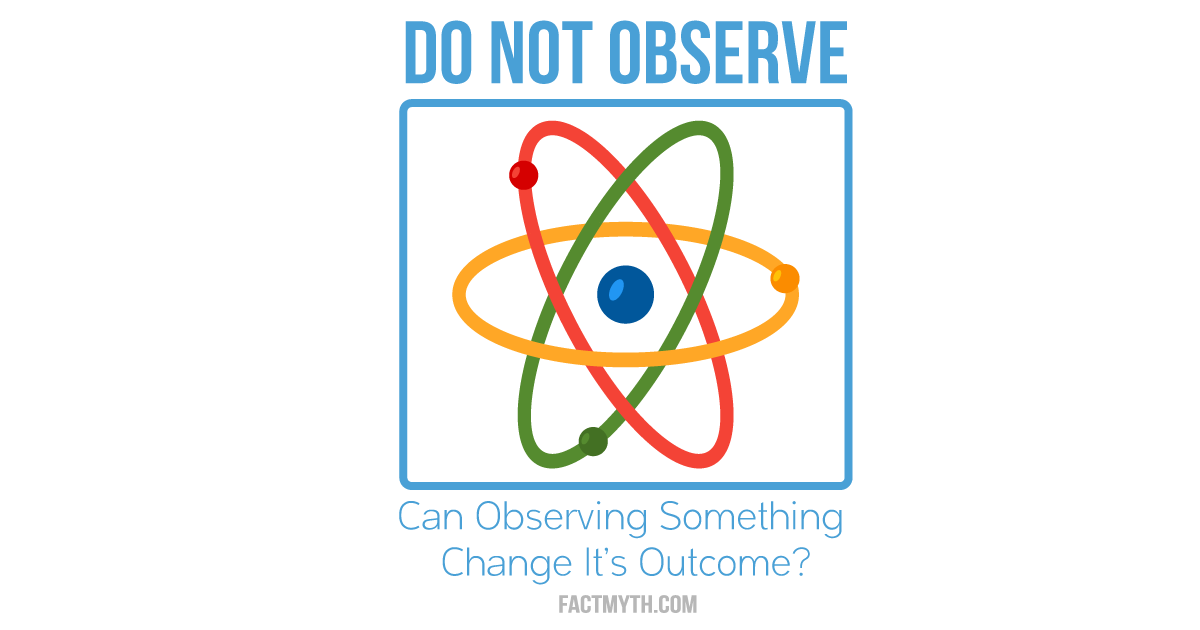
Observing a phenomenon can affect its outcome (observer effect). In science, this refers to particles existing in a state of probability until measured.
The Physical Sciences are branches of science that study non-living systems including Astronomy, Chemistry, Earth Science, and Physics.

Observing a phenomenon can affect its outcome (observer effect). In science, this refers to particles existing in a state of probability until measured.
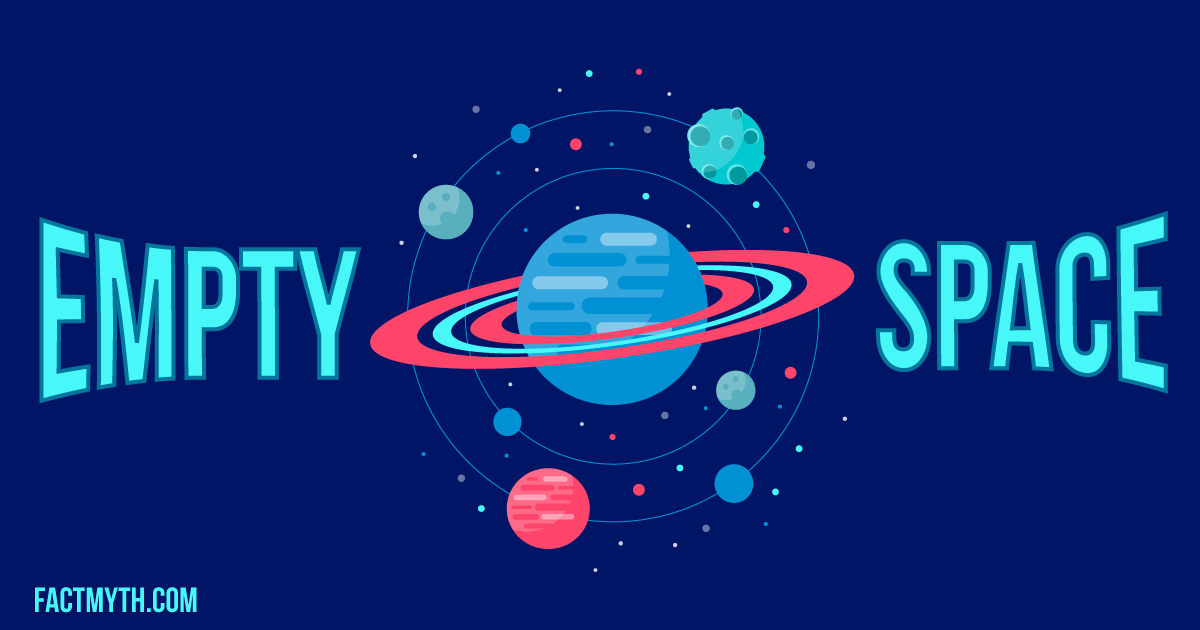
The universe and everything in it, including humans, is mostly “empty space.” However, space is not actually “empty,” it’s filled with quantum fields and dark energy.
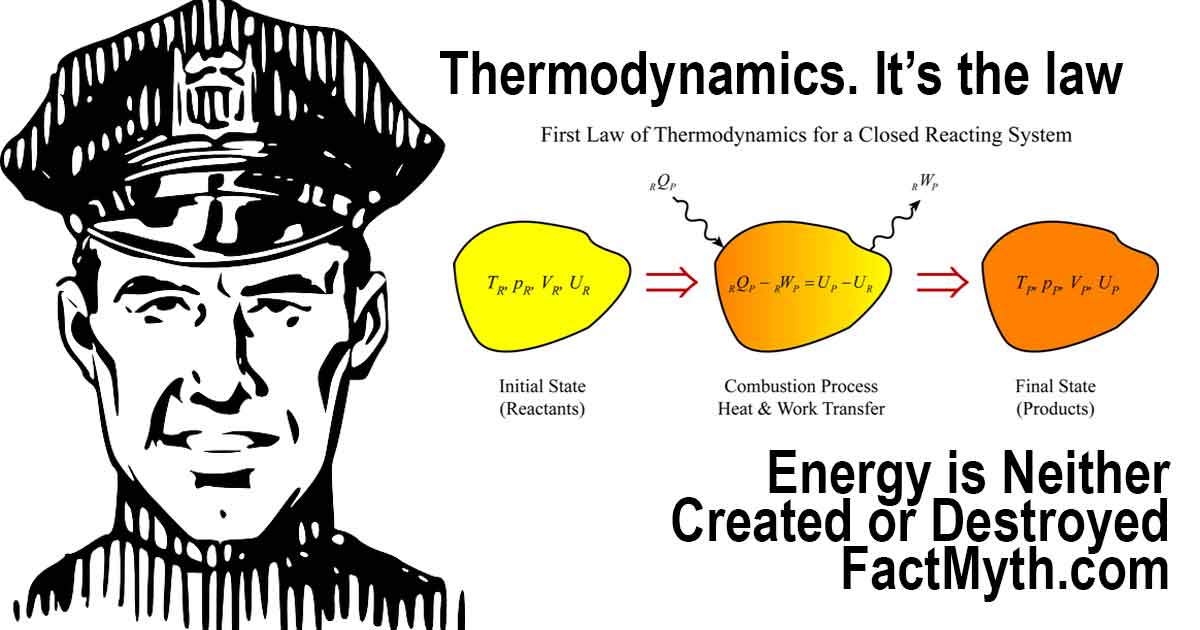
Energy can’t be created or destroyed and neither can mass. Although energy can change forms, all energy in a closed system must remain constant.
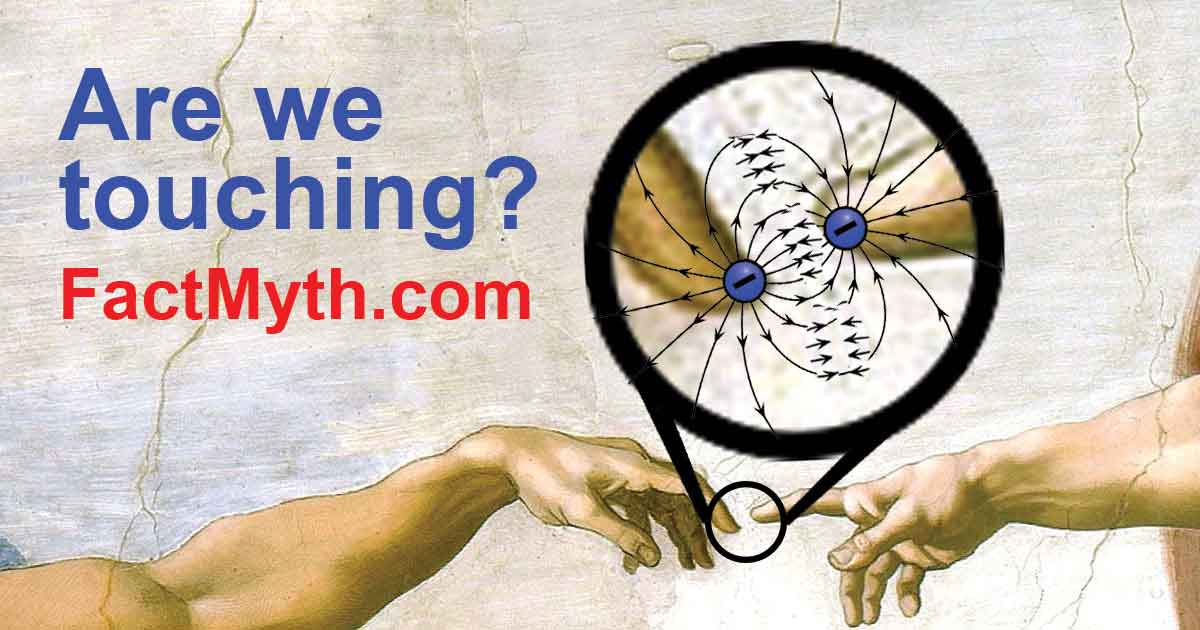
Things never touch because everything is made of atoms. Atoms contain electrons and electrons repel each other. This is basic physics.
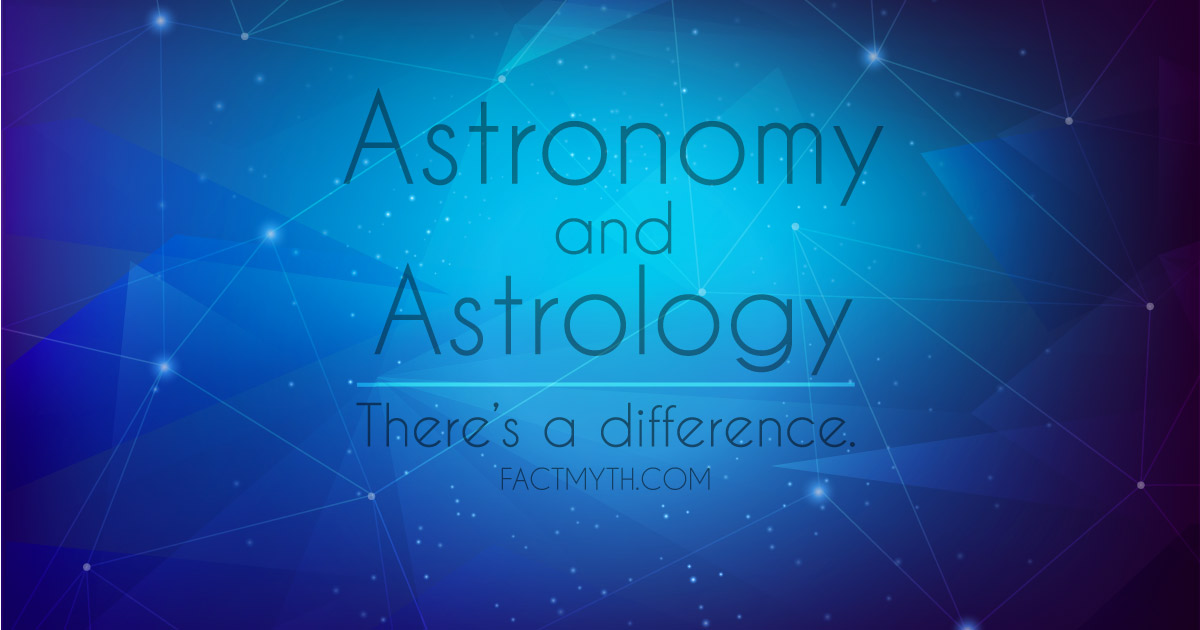
Astronomy is a science that studies celestial objects and the physical universe. Astrology is a pseudoscience that studies celestial objects to predict events.

Time is relative to speed and gravity (time dilation), and so is space (length contraction). Light speed is constant for all observers, so time and space can’t be.
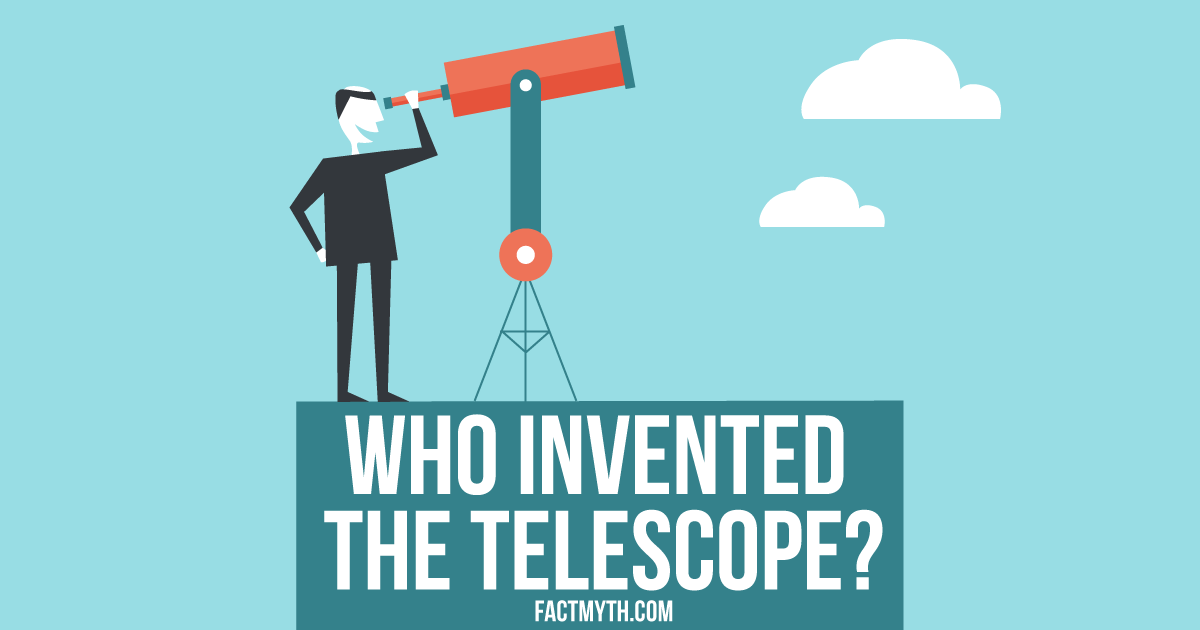
The telescope is credited to Hans Lippershey in 1608. The following year Italian astronomer Galileo Galilei began making improvements to its design.